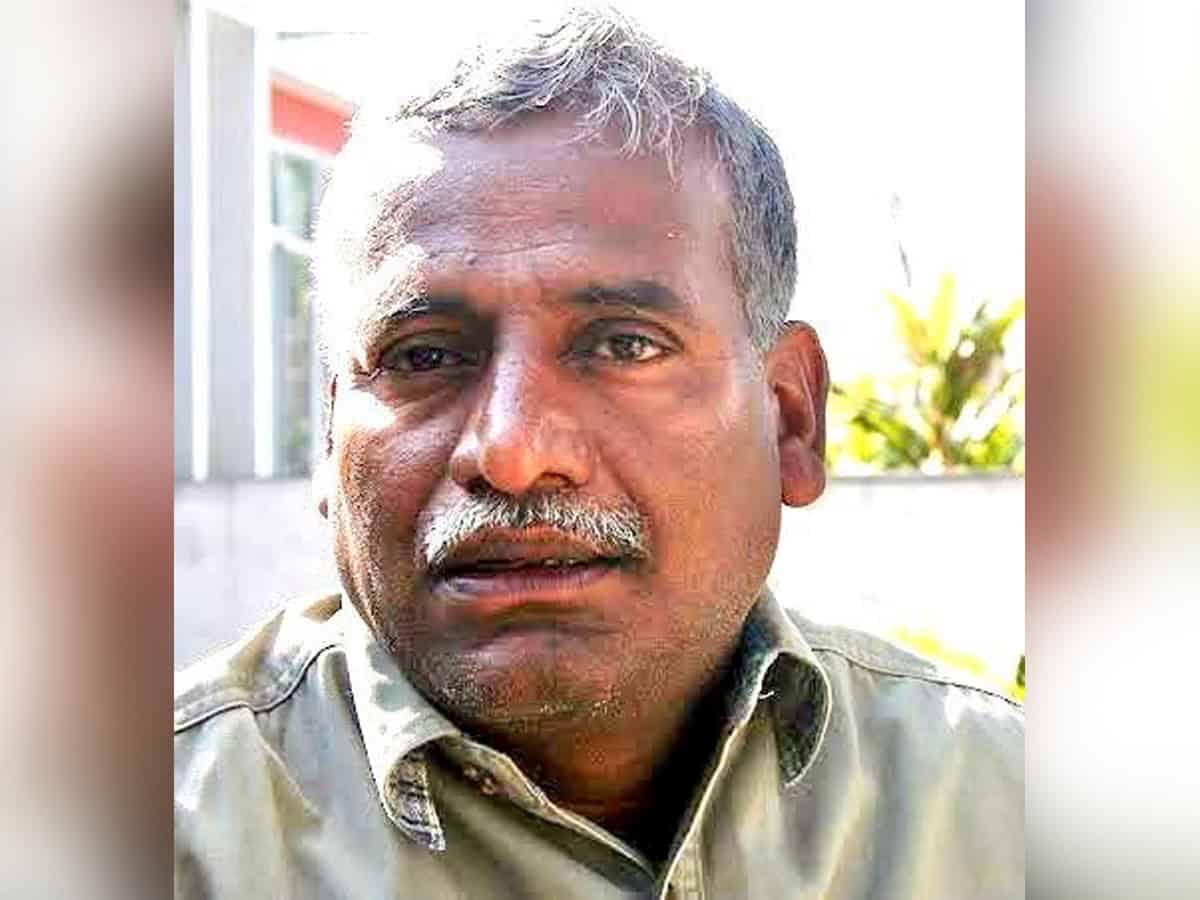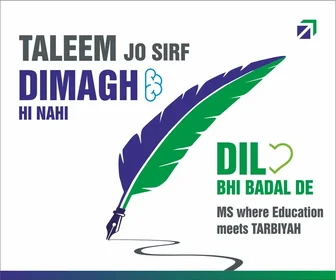
He was popularly known as the ‘Post Press Conference briefer’ of the INS (Indian Newspaper Society), the building in New Delhi that houses scores of newspaper offices.
Minutes after B Muralidhar Reddy reached The Hindu office, after attending a media conference, journalists from other publications would troop in asking for finer news points to highlight and clarify doubts, even as he patiently answered while drawing deeply from his cigarette, in the corridors.
“It was more conspicuous after a press conference of the Cong (I), United Front or Left Parties. Muralidhar Reddy would ask tough questions and corner political leaders too,” recalled V V P Sarma, a senior Journalist and a close friend for decades.
The 64-year-old journalist, who served as the foreign correspondent in Islamabad (Pakistan) and Colombo (Sri Lanka) for The Hindu passed away on Saturday. He is survived by his wife, Aparna Srivastava, also a Journalist and a son, Manan.
Muralidhar Reddy’s career peaked during his stints with the troubled neighbours between 2000-2006. In Pakistan, he covered the eventful regime of Gen Musharraf while in Colombo he reported extensively on the last years of the LTTE under Velupillai Prabhakaran and the ethnic strife between the natives and the Tamils on the Island. His was a household name for readers during those tumultuous years in the neighbouring nations.
Starting his career in The Mainstream, edited by Nikhil Chakravarty in 1980, Muralidhar worked with the National Herald bureau for a couple of years before joining The Hindu in 1985-86, when the newspaper launched its edition and the famous G K Reddy was the Chief.
Hailing from Kurnool district of Andhra Pradesh, Byreddy Muralidhar Reddy went to College in Hyderabad. He did his Journalism degree from the IIMC (Indian Institute of Mass Communication), New Delhi.
Very early in his career, Murali was put into the political beat by The Hindu. He was amongst the most known faces among Delhi Journalists in the Andhra Bhavan and Parliament during 1985-2010. MLAs, MPs, Ministers who came from AP and even the staff at the Andhra Bhavan knew him by name. He covered the developments related to AP from Delhi.
One of the high points of Murali’s reporting was from Ayodhya, over the controversial Ramjanambhoomi- Babri Masjid issue during 1990-92. His detailed write-ups and spot reporting of the dramatic developments leading to the demolition of the disputed site, the consequences and the interview of Kalyan Singh, the BJP Chief Minister of the Uttar Pradesh State are well regarded, says G Krishnamohan, a Delhi-based, senior Journalist, a co-traveller to Ayodhya and who closely worked with Murali for many years.
Several of his close friends describe Murali as a sharp reporter, who enjoyed spot coverage and was very helpful to juniors and also in sharing information. He enjoyed conversations on politics and foreign affairs over a drink in the Press Club of India, where he was a regular.
I first met Murali in Delhi in 1994. But saw him in action during the United Front Government in 1996 and after at the press conferences of the Cong (I), Janata Dal etc. A brisk walker with a slight shuffle and quick on the uptake, he was always followed by several journalists, especially from different states, seeking help.
“Murali was a hugely popular figure in the INS building. I always teased him saying there is the Hindu News Bureau here and then there is a Murali News Bureau. For, on his return from every major news event or press conference, he had a non-stop stream of visitors from other newspaper offices eager to fill in some gap or the other in their notes and Murali happily obliged everyone. Always with a smile,” recalled Yash Paul Narula, former News Editor of The Hindu in a social media post.
However, his career took a dip in the last decade, with transfers, new responsibilities and challenges on the health and family front. He was transferred and posted as the Resident Editor of The Hindu in Hyderabad just after the bifurcation of Andhra Pradesh in 2014. After just over a year he was shifted back to the Delhi bureau from where he retired around 2019-2020.
In June 2023, I met Murali fleetingly in the New Delhi Airport. He talked about plans to retire to a peaceful life in the hills with a house in Uttar Pradesh with family and a couple of close friends, who too had built houses there.
But, health issues plagued him. About three-four months ago, he was diagnosed with motor neurone disease (MND). It’s a rare condition that affects the motor nerves or neurons, which eventually degenerate and die causing all muscles to become weaker and weaker. There is no known cure for MND.
As Reddy’s condition worsened, he was put on a ventilator about a month ago. He lost consciousness two weeks ago after a cardiac arrest, and was in a coma until he breathed his last at the Ram Manohar Lohia Hospital on Saturday night, a PTI report said.
“Given his flamboyant persona and active reporting career the way he left, bedridden and struggling in hospitals for nearly two months was not deserving for him,” felt Sarma.

